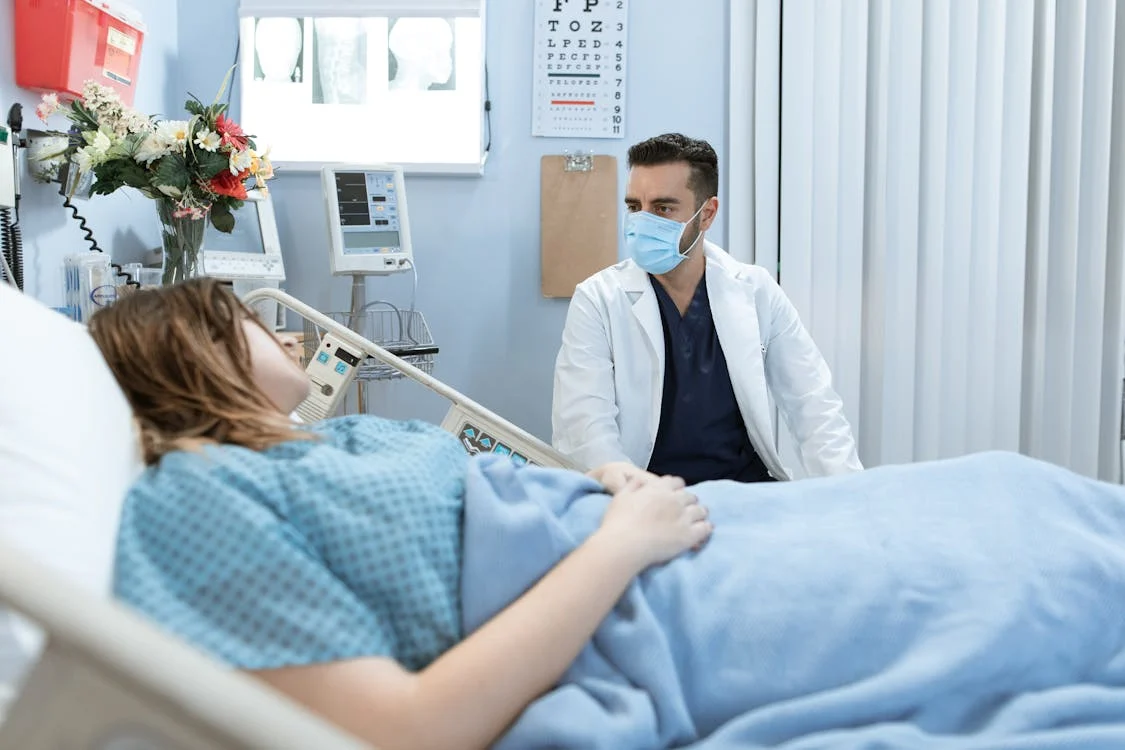Colorectal cancer is no longer just an older person’s disease. Over the past three decades, cases among people under 55 have nearly doubled, creating what health experts now call a “global phenomenon.”
The numbers tell a troubling story. In 1995, about 11% of colorectal cancer cases were in people under 55. By 2019, that figure jumped to 20%. In 2023, about 19,550 Americans under 50 were diagnosed with colorectal cancer, resulting in approximately 3,750 deaths.
“This is very alarming,” says Dr. Yin Cao of Washington University Siteman Cancer Center, who studies early-onset colorectal cancer trends.
A Global Health Challenge
The rise isn’t limited to the United States. An American Cancer Society study published in The Lancet Oncology in December 2024 found increasing rates of early-onset colorectal cancer in 27 of 50 countries worldwide, with particularly high rates in high-income nations like Australia, Canada, and parts of Western Europe.
“We need innovative tools to prevent and control cancers linked to dietary habits, physical inactivity, and excess body weight,” says Dr. Hyuna Sung, who led the global study. “We must raise awareness of this trend and the distinct symptoms among young people and primary care providers.”
Why Is This Happening?
Scientists believe multiple factors contribute to this rise:
Diet and Lifestyle: The “Western diet” high in processed foods and red meat but low in fiber is strongly linked to increased risk. Obesity and lack of physical activity may increase risk by 30-50%.
Gut Bacteria: A UC San Diego study published in Nature in April 2025 found a bacterial toxin called colibactin may play a key role. This toxin, produced by certain E. coli strains in the gut, damages DNA and creates distinct mutations.
“These mutation patterns are a kind of historical record in the genome, and they point to early-life exposure to colibactin as a driving force behind early-onset disease,” explained study senior author Ludmil Alexandrov.
The research team found colibactin-related mutations were 3.3 times more common in colorectal cancers diagnosed before age 40 compared to those after age 70.
“If someone acquires one of these driver mutations by the time they’re 10 years old,” Alexandrov noted, “they could be decades ahead of schedule for developing colorectal cancer, getting it at age 40 instead of 60.”
Environmental Factors: Increased exposure to microplastics, chemicals in consumer products, and pollution may alter gut bacteria and cause inflammation.
Genetics: While genes don’t change quickly enough to explain the rapid rise, about 30% of early-onset cases involve hereditary cancer syndromes like Lynch syndrome.
Delayed Diagnosis Worsens Outcomes
Perhaps most concerning is that younger patients are often diagnosed at later stages when the cancer is harder to treat. Regional-stage cases have increased 2-3% annually in people under 65, while distant-stage (metastatic) cases have risen 0.5-3% since 2010.
This often happens because both patients and doctors dismiss warning signs. Take Heather Candrilli’s experience. At 36, her persistent abdominal bloating and rectal bleeding were initially brushed off as postpartum issues or “probably just internal hemorrhoids.” A year later, she was diagnosed with colon cancer that had already spread to her liver.
“If you have rectal bleeding or bloating after eating small meals, this isn’t normal,” Candrilli warns. “You aren’t supposed to feel mediocre. You are supposed to feel good.”
Similar Posts
Screening Age Recommendations Changing
In response to rising cases, the American Cancer Society now recommends colorectal cancer screening beginning at age 45, down from the previous age of 50. But some experts and lawmakers believe this isn’t enough.
New York State Senator Jessica Scarcella-Spanton has introduced a bill to lower the screening age to 35 and require insurance coverage. If passed, this change would apply only to New York residents initially, though it could inspire similar changes nationwide.
Future Projections
The outlook is sobering. If current trends continue, experts project early-onset colorectal cancer could become the deadliest cancer for people aged 20-49 by 2030. The frequency of colorectal cancer in people under 50 is expected to increase by 90% by that time.
Catching It Early Makes a Difference
Early detection dramatically improves survival rates. For localized colorectal cancer in people under 50, the five-year survival rate reaches 94%. This drops significantly when the cancer has spread.
“Screening and modifiable lifestyle factors remain essential methods of colorectal cancer prevention,” says Dr. Angella Charnot-Katsikas, clinical pathologist and expert in molecular genetics at Loyola University Medicine.
Common warning signs include:
- Rectal bleeding
- Persistent abdominal pain
- Unexplained changes in bowel habits
- Unintentional weight loss

The death of actor Chadwick Boseman from colorectal cancer at age 43 in 2020 brought significant public attention to this issue, prompting many people to discuss symptoms with their doctors.
As research continues, experts emphasize that awareness, early screening, and healthy lifestyle choices remain the best defenses against this increasingly common cancer in young adults.


















